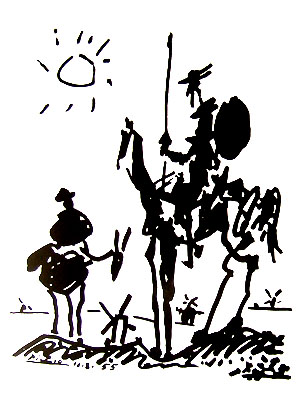Human and Natural Rhythms
Rhythm adds the ideas of change over time, patterns, and cycles to the concepts of pulsation and vibration. Some cycles are very short, and some very long in human terms. Humans have many rhythms, and the natural world humans live in has many rhythms, not the least of which is night and day, the lunar cycle, and the seasons. The modern sensibility is very inpatient and disdainful of rhythmic activity, preferring the instant. Honoring rhythms introduces the concepts of waiting and readiness. Mere delay is not waiting but rather avoidance unless one is prepared to sense readiness.
Folk wisdom talks about a 'seven-year itch' cycle in romantic and sexual behavior. This cycle is very under-appreciated.
Human will of course is influenced by rhythms but not compelled. Human ingenuity has profitably limited the impact of natural cycles--think of artificial lighting and central heating. Another example is importing fruit and vegetables from the other hemisphere in winter! The result however, seems to have been the forgetting of rhythms altogether. To the ego and will, one hour is as good as another. Many businesses run 24 hours a day, as does television. Then there is the subject of a general cultural speedup, in which the body is driven to work faster than inherent rhythms. Of course this is exhausting and stressful, but what is now greatly lacking, is the general pleasure of activities that are performed well and at a natural rhythm.
